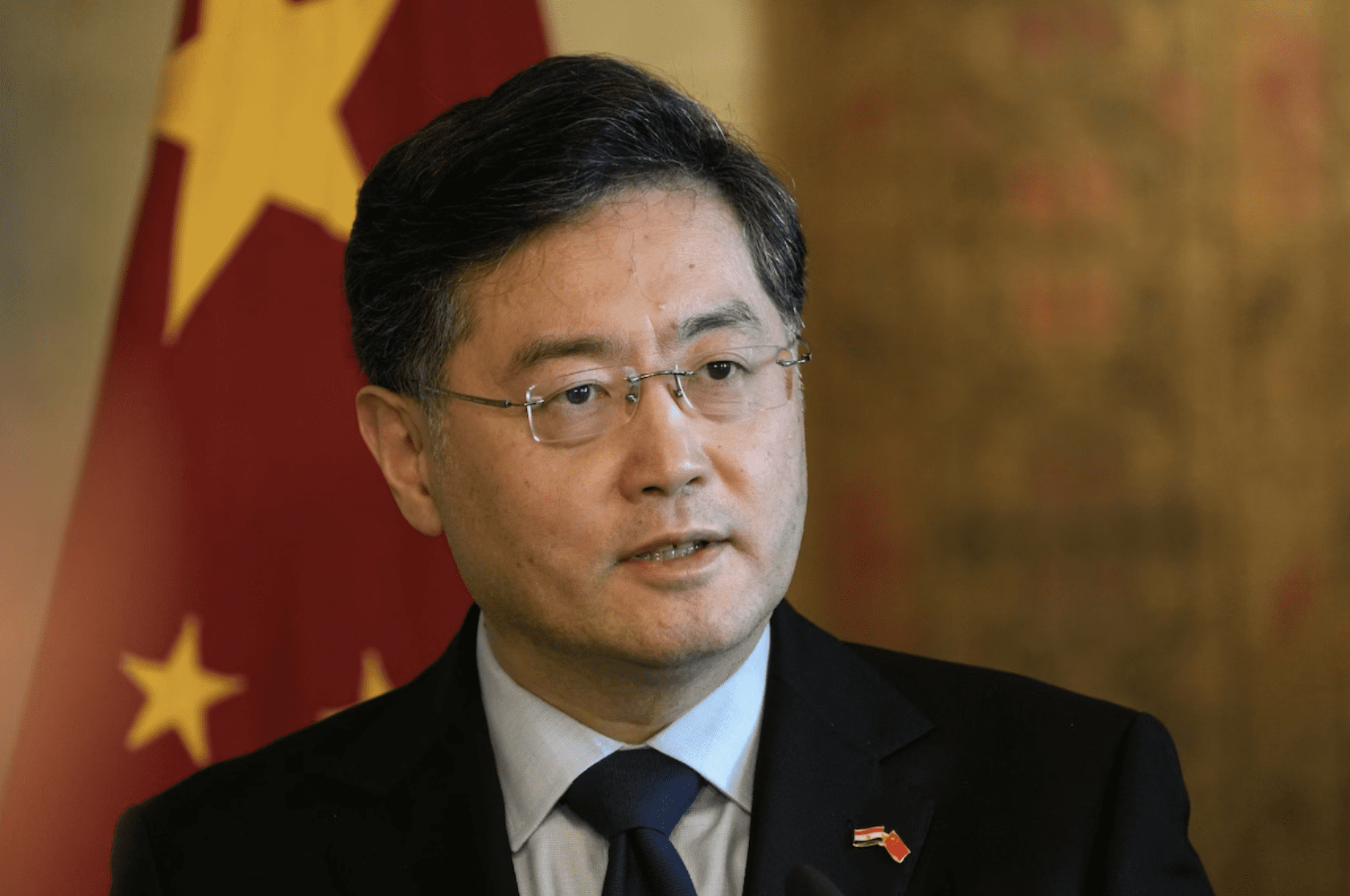This article was first published in The Washington Post, on January 25th, 2023. Click Here to read the original article
John R. Bolton served as national security adviser under President Donald Trump and is the author of “The Room Where It Happened: A White House Memoir.”
Secretary of State Antony Blinken will travel to Beijing in early February to meet with his new Chinese counterpart, Qin Gang. Bilateral relations between their two countries are on shaky ground, so the agenda will be crowded.
This may seem an inopportune moment to propose North Korea as a central agenda item. But recent threatening actions from Pyongyang, including ballistic-missile testing and preparing for a seventh nuclear test, offer Blinken a good way to gauge Beijing’s sincerity about seeking Indo-Pacific peace and stability.
Moreover, important policy decisions by Japan and South Korea are rapidly changing the Indo-Pacific’s political-military landscape and fully justify emphasizing North Korea in Washington-Beijing negotiations.
The United States has for too long allowed China to escape responsibility for North Korea’s threat, and the administration should use the Blinken-Qin meeting to reverse course. For decades, China has reassured the United States, Japan and others that it opposed Pyongyang’s program to build nuclear weapons and the long-range ballistic missiles that could deliver them.
A nuclear-armed North Korea was not in China’s interest, one Beijing leader after another claimed. It would destabilize northeast Asia, they said, implying that they feared a nuclear North Korea would provoke Japan and perhaps South Korea to seek nuclear arms, thus generating further instability. And instability, Beijing’s elite fretted, would hamper China’s own economic growth — and economic growth, they promised Washington, Tokyo and Seoul, was China’s only priority.
The United States and its allies have swallowed this line for decades, allowing China to pose as a mediator and conciliator between North Korea and its potential targets. In the 2000s, Beijing played the congenial host for round after round of the failed six-party talks, which essentially consisted of repeated Chinese attempts, as our delegation faithfully reported from Beijing, to get U.S. and North Korean diplomats alone in a room together for the “real” negotiations. Somehow forgotten amid this performance art was the Chinese and North Korean communist parties’ insistence that they are as “close as lips and teeth.”
With admittedly perfect hindsight, we now see that Beijing did not genuinely oppose Pyongyang’s nuclear aspirations. By focusing on North Korea as a pressing threat while assuming that China was similarly concerned, the United States not only doomed its own Korea nuclear policy but also missed the mounting menace from Beijing. With China now pursuing hegemonic objectives along its periphery and expanding its military power, its performance regarding a nuclear North Korea can be seen as reflecting the “hide and bide” approach Beijing has long practiced. It was a kind of disinformation campaign.
Only now are we fully realizing the scope of Beijing’s threat. And despite decades of U.S. presidents saying it was unacceptable for North Korea to possess nuclear weapons, it is on the verge of success. Indeed, those who repeatedly advocated negotiations with North Korea instead of using coercive methods are saying we should treat North Korea as a nuclear power. The only way to peacefully prevent the unacceptable might be for China to actually adopt the policy it had only espoused.
After all, North Korea’s dangerous behavior is bringing about exactly what China earlier said it feared. Japanese Prime Minister Fumio Kishida has announced that Japan’s defense budget will double from 1 percent to 2 percent of gross domestic product in five years, thus giving Japan the world’s third-largest military, after the United States and China. China surely knows that Japan’s already-announced purchase of Tomahawk cruise missiles gives it significant counterstrike capabilities, with Beijing in range. North Korea will know it as well, since all of North Korea will also be in range.
South Korean President Yoon Suk Yeol has revived discussion of his country’s acquiring its own nuclear-weapons arsenal or again deploying U.S. tactical nuclear arms on the Korean Peninsula. Although Yoon later softened his comments, public support for such proposals, especially among Korean conservatives, is rising. Moreover, cooperation between Tokyo and Seoul, always difficult, as well as trilateral cooperation with Washington, appears to be increasing.
China’s neighbors are worried about both its long-term intentions and, particularly for Taiwan, its short-term intentions. And domestically, Chinese President Xi Jinping faces a public-confidence crisis because of his regime’s pandemic bungling. Blinken will arrive in Beijing well-positioned to turn up the heat regarding North Korea.
To prove its benign intentions, China need simply act on the mellifluous words it has mouthed for decades about North Korea’s nuclear program. Beijing’s extensive energy, food, military and other aid to Pyongyang is all that stands between Kim Jong Un and retribution from his long-suffering people.
